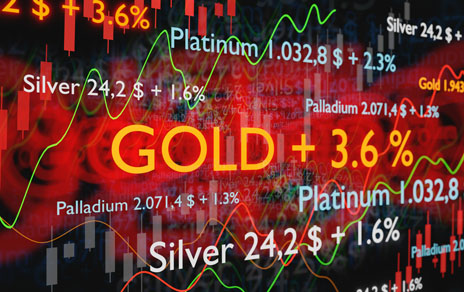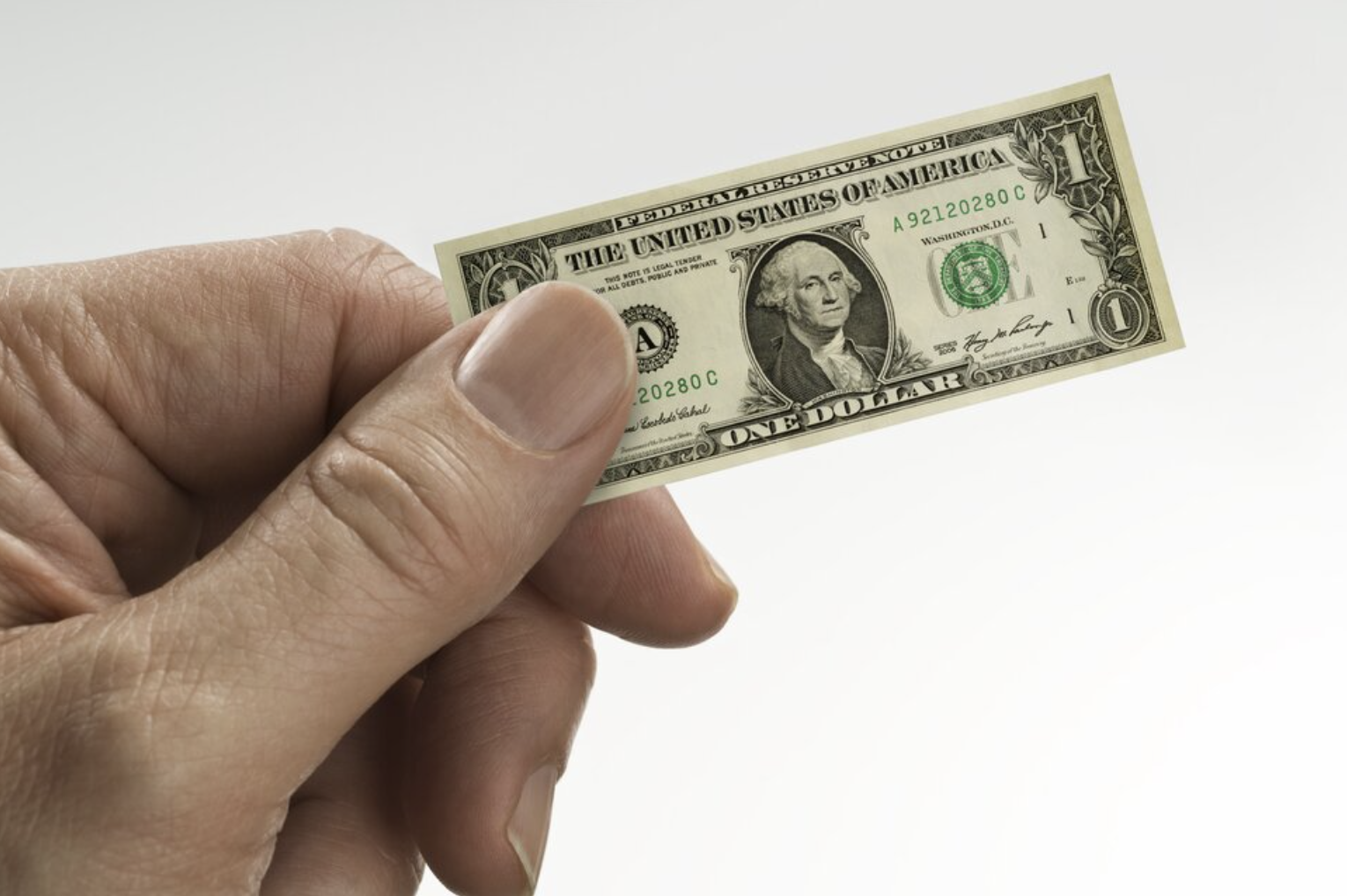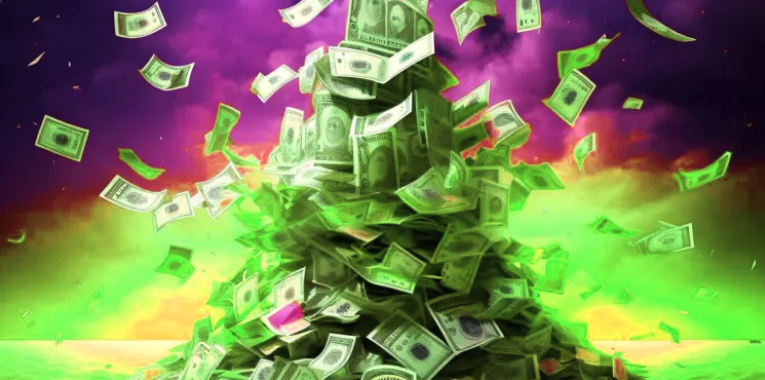Gold prices to hold around $1,800, but will take off if a recession hits in 2023

Gold prices have dropped below $1,800 an ounce after Federal Reserve Chair Jerome Powell signaled that the U.S. central bank is expected to keep interest rates aggressively high through 2023.
However, one market strategist said that rising interest rates will be less of a headwind for gold as the U.S. dollar benefits less from a hawkish Federal Reserve. In an interview with Kitco News, George Milling-Stanley, chief gold strategist at State Street Global Advisors, said that growing recession fears are starting to outweigh the U.S. central bank's aggressive monetary policy stance.
The comments come a day after the Federal Reserve signaled that it is nowhere near finished raising interest rates. In its updated economic projections, the Federal Reserve sees interest rates peaking at 5.1% in 2023.
During his press conference, Powell said that the central bank is not expecting to ease interest rates at any point next year.
"Powell was categorically clear that rates are going higher in 2023. We are still in a dangerously high inflationary environment," said Milling-Stanley.
However, Milling-Stanley said that the Fed's projections and stance could quickly change as the world tips further into a recession. Milling-Stanley said that he expects the Federal Reserve to continue to raise interest rates through the first half of the year, but will be forced to cut rates by the end of the year or early 2024.
"I think for the first half of the year, gold will be in a wait-and-see mode and that is going to moderate demand. I do see opportunities where it pokes its head above $1,800 an ounce," he said. "The world is waiting for signs to see what kind of recession we will get. And unfortunately, they will have to wait a little bit longer."
Wednesday, the Federal Reserve finished 2022 with a 50 basis point hike, pushing interest rates to 4.5% and marking the most aggressive pace of rate hikes in more than 40 years. Milling-Stanley noted that the U.S. economy still hasn't felt the full impact of those rate hikes.
"I don't think there is any way the U.S. economy avoids slower growth in 2023 and that will impact U.S. monetary policy," he said. "If we do get a recession, gold will take off."
Milling-Stanley explained that in the last seven global recessions, gold prices have seen average returns of 20%.
Along with slowing economic activity, Milling-Stanley said that inflation remains a significant threat. Earlier this week, the U.S. Labor Department said its Consumer Price Index rose 7.1%, falling more than expected. However, Milling-Stanley noted that inflation still remains well above the central bank's target of 2%.
"The inflation threat isn't over yet. I don't think we have seen a peak in wages or in service costs," he said. "Six months ago, a 7% inflation reading would have been a terrifying number."
While Milling-Stanley expects relatively stable gold prices through the first half of the year, State Street's official forecast sees a 60% chance of gold trading in a fairly wide range between $1,600 and $1,900 an ounce in the new year.
Looking at the base case, State Street sees a 20% chance of gold prices dropping to $1,500 an ounce if the Federal Reserve can get inflation under control and avoid a recession.
At the same time, it sees a 20% chance of gold prices going back to $2,000 an ounce.



